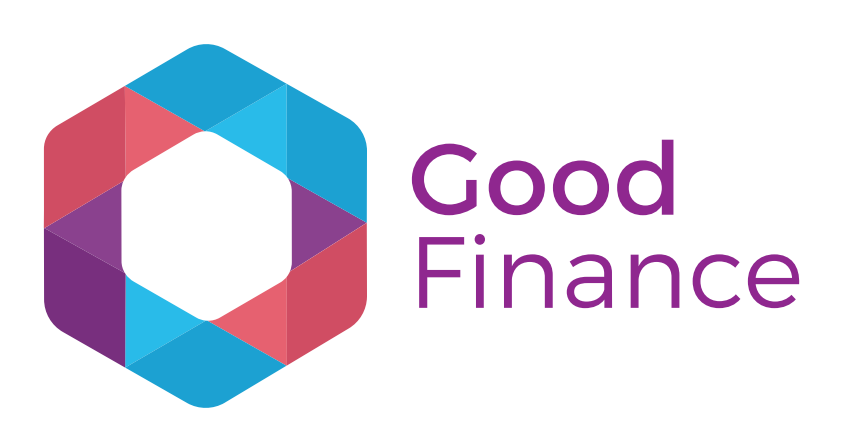
Cashless Society
Since 2015, over 4,300 banks and building society branches have closed – putting people’s ability to withdraw and deposit cash at risk. But research indicates that as many as one in five adults would struggle to cope without cash, while seven in ten small businesses believe cash is important to the future of our high streets. Clearly, cash still matters.
With the evolution of technology in the payment and banking sectors, such as the rise of digital wallets, contactless payments, and biometric payments, exchanging money is easier, swifter and more convenient than ever before.
While there are clear advantages to using digital payment methods, transitioning to a completely cashless society could isolate different groups and industries, including the elderly, those who are more vulnerable, and charities.
The covid pandemic accelerated the move towards a cashless society, with many businesses only accepting card payments. According to the Bank of England, transactional cash use has fallen from over 50% of payments in 2010 to only 17% of all payments in 2020.
Charities have certainly felt the impact of this, but it is not all doom and gloom. As explored below, here are four ways that a cashless society has impacted charity donations, both for the better and worse.
Here’s a few ways that a cashless society has impacted charity donations:
- 73% of charities report that street donations are declining because people are less likely to carry cash, according to Barclay’s The Future of Giving report.
- The number of donors has declined over the past few years, according to a report conducted by Charities Aid Foundation. The research reveals that between January and April 2022, 57% of people said they donated or sponsored someone in the previous 12 months, compared to 65% in 2019. This could be due to the move towards a cashless society, inflation, and the cost-of-living crisis.
- Digital wallets used by donors have significantly increased year-on-year. In fact, digital wallets account for a fifth of monthly online donation payments and nearly half (43%) of all one-off donations are made online, according to a report by goDonate.
- Consumers who donate via contactless technology are willing to donate significantly larger amounts than those using cash. The goDonate study also reveals that the average one-off donation value increased by 7% in the past year to £51.97.
How Commercial Finance is helping
In the Charity Finance Banking Survey, 15% of charities in 2021 have a bank loan, compared to 11% of charities in 2017.
Morag Davies – Head of Commercial Banking for Reliance Bank Ltd had this to say:
“We’ve noticed that Charities and Social Enterprises are needing Commercial Finance to fund projects to support their recipients and they have started to review their supply chain and seek to use a socially responsible bank such as Reliance Bank, to demonstrate that they use suppliers that are consistent with their purpose.”
Reliance Bank Ltd has been at the forefront of social impact banking since 1890, when we were formed as the bank for The Salvation Army. As a Bank we’ve supported charities for 132 years and we prioritise business lending to organisations that deliver positive social impact in the UK.
To find out more about our Charity Loans click here.
If you wish to discuss your borrowing requirements, please contact one of our Reliance Bank Relationship Directors at commercial@reliancebankltd.com or call 0207 398 5400.






